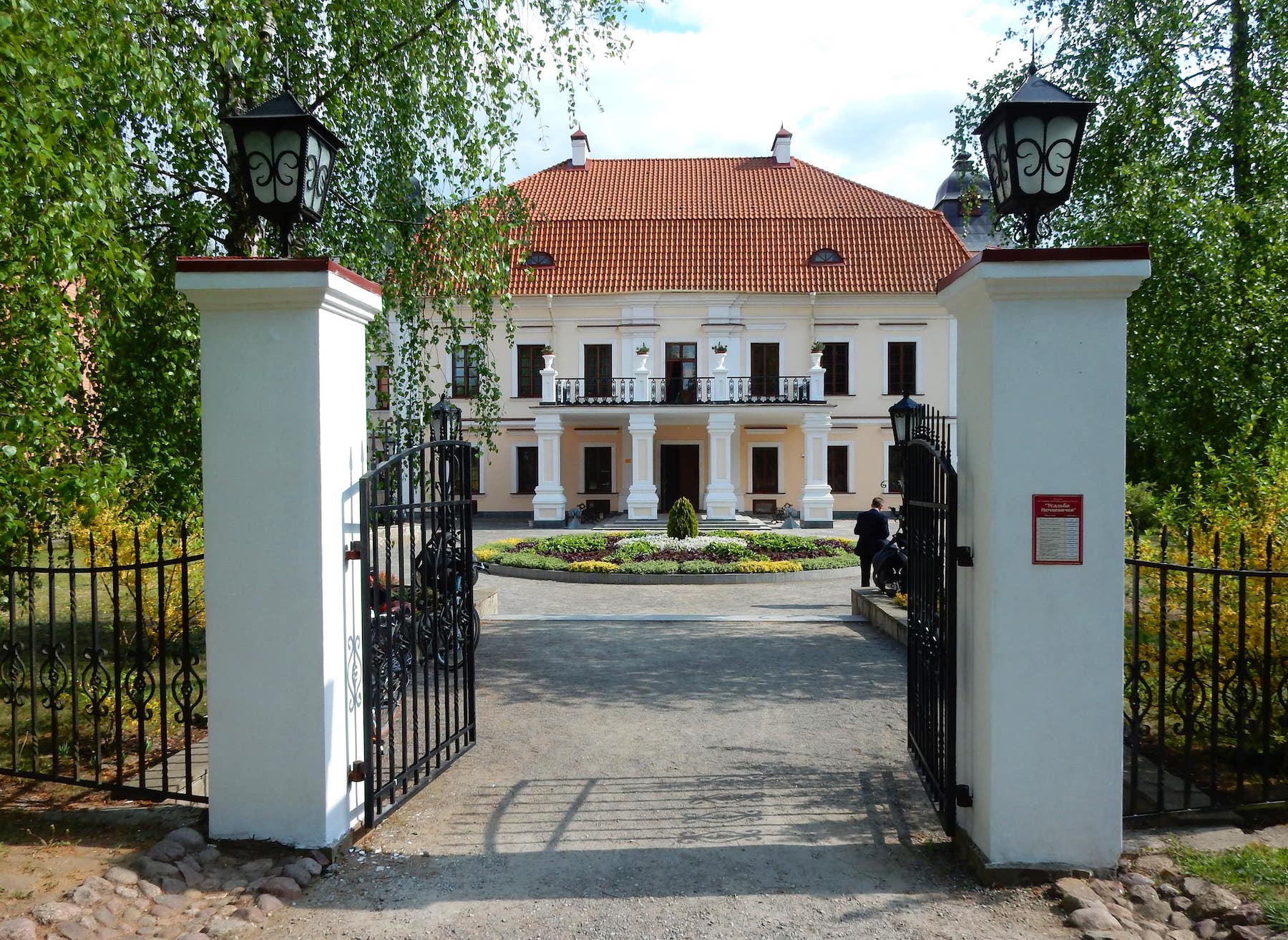[vc_row][vc_column][vc_column_text]Coming up is the May Long Weekend and three celebrations one after another! Labour Day, Polish National Flag Day and, most importantly, 3rd May Constitution Day.
The beautiful history of the 1st May goes all the way back to the 19th century, when workers in Chicago in the USA protested and demanded the introduction of an 8-hour working day. The International Workers’ Day aims to commemorate their courage and decisive action. In Poland, the 1st May is not always seen in a positive light. This is mainly to memories of the obligatory May parades during the time of the Polish People’s Republic (ie under Communist rule). Over the course of time, this state celebration is slowing losing its ideological significance. It is beginning to be associated with a long weekend and a rest.
The Polish National Flag Day has been celebrated on 2nd May since 2004. It is a day to show pride in the red and white national colours and national identity.
The 3rd May is when we celebrate the anniversary of the adoption of the 3rd May constitution in 1971 – the first in Europe and the second after the constitution of the United States of America. It is one of the most important events in the history of Poland. Among the authors and editors of the content of the 3rd May Constitution, most people remember Hugo Kołłątaja, but fail to remember outstanding Pole and patriot Julian Ursyn Niemcewicz.
Niemcewicz was born to a noble family in Skoki near Brest (currently in Belarus). He was, among others, a politician, novelist and playwright. He wrote, for instance, the first Polish political comedy entitled “The Return of the Deputy” (1790). He was also aide and secretary to Tadeusz Koścuiszki. He played an active role in the Koścuiszki Uprising. Towards the end of the 18th century he and Koścuiszki sailed to the USA where he married and became an American citizen.
On his return to Poland for good in 1807, he played an active role in politics and literature. He died in Paris in 1841.
The palace in Skoki houses a museum dedicated to the Niemcewicz family.[/vc_column_text][/vc_column][/vc_row]






